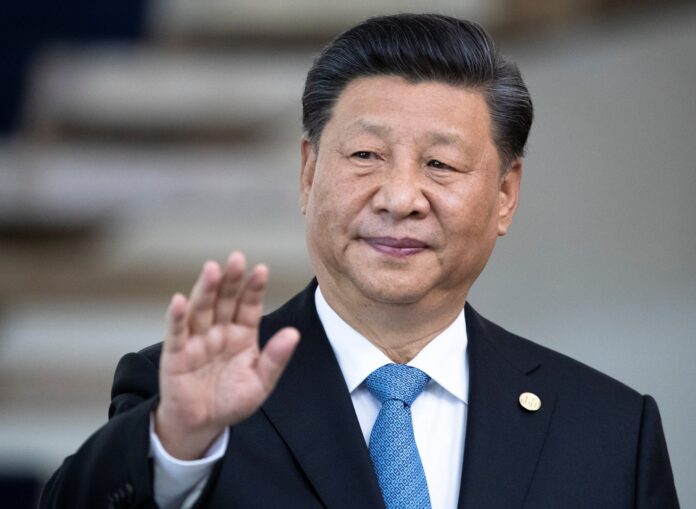Author: Symington W. Smith
Affiliation: The Winterflower Group, and Eastern Commerce Group
Organization/Publisher: The National Interest
Date/Place: September 12, 2020/USA
Type of Literature: Book Review
Word Count: 1863
Keywords: Kishore Mahbubani’s Book, The US-China Rivalry, Understanding China, and the Decline of American Realpolitik
Brief:
In this book review, award-winning global affairs expert Symington W. Smith provides a brief presentation of Kishore Mahbubani’s recent book, “Has China Won? The Chinese Challenge to American Primacy.” Mahbubani is a veteran Singaporean diplomat who has worked in his country’s foreign ministry for more than 33 years and is now sharing his experience by teaching at the National University of Singapore’s Asia Research Institute. His book presents a non-Western perspective—and less biased than what is prevalent—of the nature of existing relations between China and the United States, which has recently been marred by hostility. Most importantly, he attempts to answer the central question: “Has China won in its challenge to American primacy?” The book is divided into nine chapters, ranging between diagnosis and criticism of both the Chinese and American views. Mahbubani describes a US that has become arrogant, short-sighted, and imprisoned by a profit-seeking person; it miscalculates because its leaders are surrounded by a powerful industrial-military complex that pressures its free decisions. Smith also notes diplomat Mahbubani’s harsh criticism of American democracy, which no longer has any meaning within the US itself. Moreover, he strongly cautions the West against seeing liberal democracy as a one-size-fits-all approach and as the best pattern of governance, as he reminds readers that the liberal democratic system prevalent in the West has been tried and rejected by many Asian societies. This is a historical fact that the West must accept, but that it has not been able to do so far, as the West in general and US in particular view democracy in a reverent manner—i.e., refusal to adopt is punishable. This mindset greatly impedes its ability to cooperate with China and Asia in general. Furthermore, the current political climate in America is motivating its hawkish leaders to be more aggressive towards China, which only exacerbates the problems. Thus, Mahbubani concludes that American realpolitik practitioners are a dying dynasty at a time when they are most needed; and whatever it is, the United States must face the real possibility of falling to second place in the ranking of world powers. On the other hand, when he talks about China, the author points out positive remarks and many criticisms as well. For instance, regarding the Chinese governance, Mahbubani argues that the Chinese Communist Party enjoys wide support inside China, contrary to what is being promoted in Washington; rather, it is considered as the most successful dynasty that has ruled China, surpassing all Chinese emperors throughout history in terms of providing a good quality of life, alleviating poverty, and providing happiness to the Chinese people. However, he warns China not to follow the same path of national arrogance as the United States did, and not to view the United States as an existential threat to it. Also, Mahbubani warns China against seeking short-term gains, such as pressuring smaller neighbors to do things for China. Moreover, he cautions China against unleashing its resolute diplomats, or as they are called “wolf warriors,” because they are destroying China’s image and good diplomatic intentions in the international community, alienating friends from it, and uniting its rivals. Beijing should also learn from the lessons of history that “overconfidence usually leads to missteps, and these missteps then lead to the rapid downfalls of nations, regardless of their ideological system or economic prosperity.” Finally, Smith praises Mahbubani’s book and describes its author as a person of rational and honest speech, and as “a friend to reasonable ears in both the United States and China,” regardless of the national pride that the author shows. As for the answer to the book’s central question, he believes that China has won, in terms of rationality and pragmatic management of the future compared to the United States.
By: Djallel Khechib, CIGA Senior Research Associate




